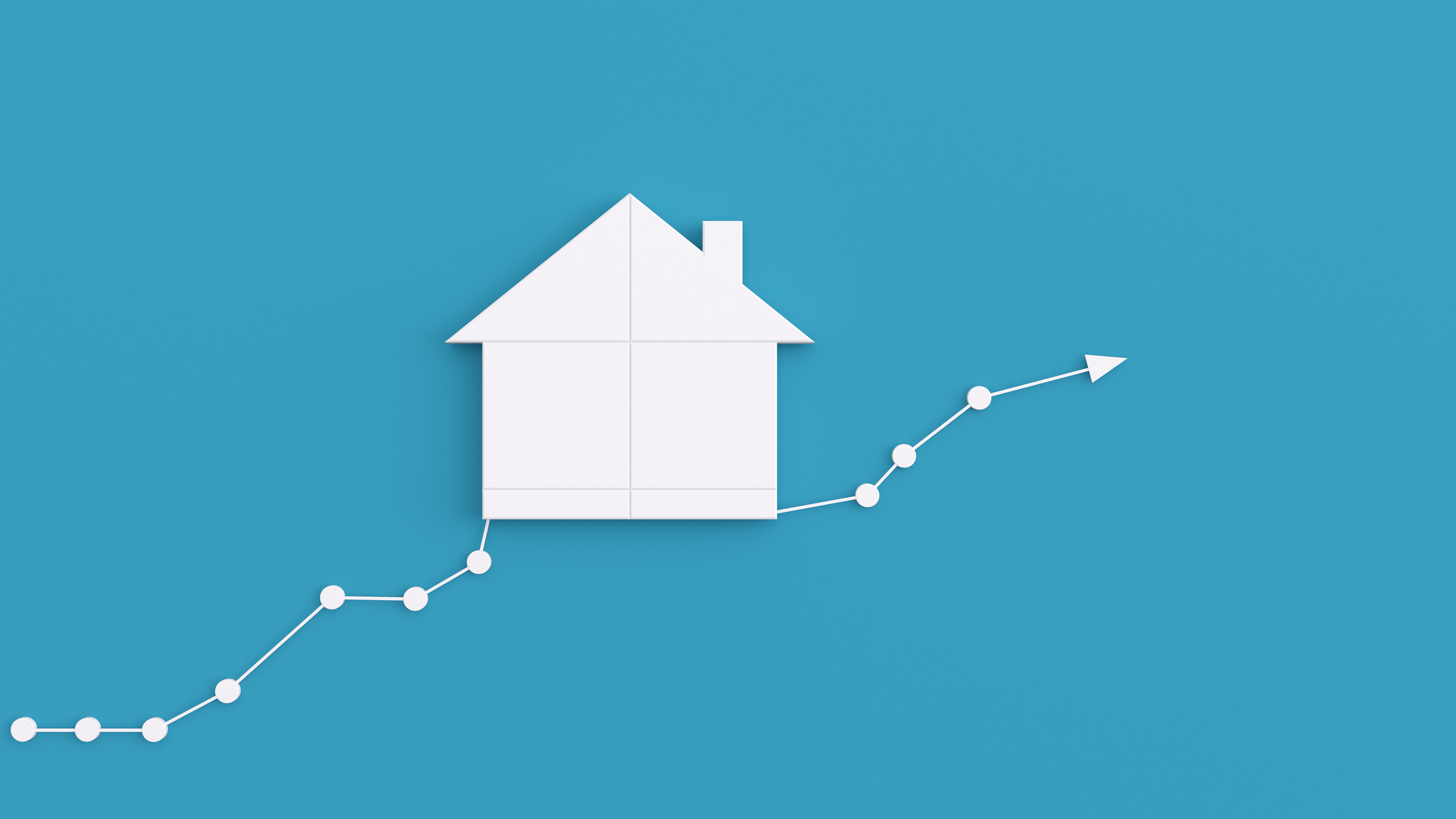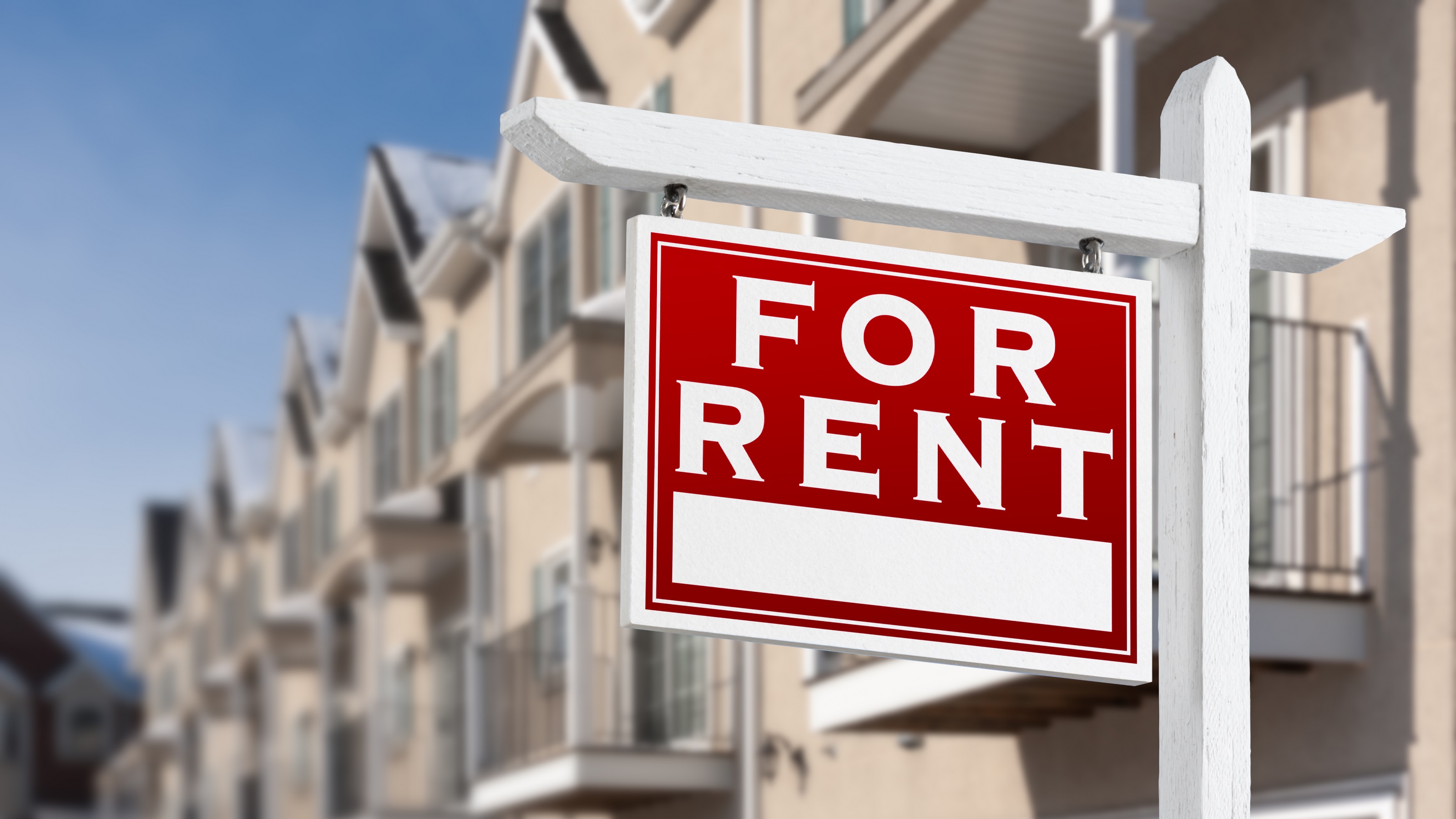What You Should Know About Hiring a Real Estate Agent
If you'd rather not spend the time or the effort selling the place yourself, here's how to find the best agent for you.
Profit and prosper with the best of Kiplinger's advice on investing, taxes, retirement, personal finance and much more. Delivered daily. Enter your email in the box and click Sign Me Up.
You are now subscribed
Your newsletter sign-up was successful
Want to add more newsletters?

Delivered daily
Kiplinger Today
Profit and prosper with the best of Kiplinger's advice on investing, taxes, retirement, personal finance and much more delivered daily. Smart money moves start here.

Sent five days a week
Kiplinger A Step Ahead
Get practical help to make better financial decisions in your everyday life, from spending to savings on top deals.

Delivered daily
Kiplinger Closing Bell
Get today's biggest financial and investing headlines delivered to your inbox every day the U.S. stock market is open.

Sent twice a week
Kiplinger Adviser Intel
Financial pros across the country share best practices and fresh tactics to preserve and grow your wealth.

Delivered weekly
Kiplinger Tax Tips
Trim your federal and state tax bills with practical tax-planning and tax-cutting strategies.

Sent twice a week
Kiplinger Retirement Tips
Your twice-a-week guide to planning and enjoying a financially secure and richly rewarding retirement

Sent bimonthly.
Kiplinger Adviser Angle
Insights for advisers, wealth managers and other financial professionals.

Sent twice a week
Kiplinger Investing Weekly
Your twice-a-week roundup of promising stocks, funds, companies and industries you should consider, ones you should avoid, and why.

Sent weekly for six weeks
Kiplinger Invest for Retirement
Your step-by-step six-part series on how to invest for retirement, from devising a successful strategy to exactly which investments to choose.
Many sellers (and even more buyers) choose a real estate agent who is a friend or relative. In some cases, this might not be the smartest move. There may be another agent with better knowledge of your area or has a stellar track record for selling homes in a short time frame. Here's how to make sure the 5% to 6% of your home's selling price that you'll spend on a real estate agent is money well spent:
For starters, you'll want to find an agent who knows your neighborhood, who has a good working knowledge of schools, roads, shopping, swim and tennis clubs, and other local amenities.
Make Agents Compete for Your Listing
Note the names on neighborhood for-sale signs and in newspaper ads. Once you've compiled a list of three or four agents who seem to be doing the most business, go see them in action. Stop by their open houses and see how they treat potential buyers. (You don't need to confess that you're thinking of selling.) Afterward, call those you are still interested in and invite them to make a listing presentation.
From just $107.88 $24.99 for Kiplinger Personal Finance
Become a smarter, better informed investor. Subscribe from just $107.88 $24.99, plus get up to 4 Special Issues

Sign up for Kiplinger’s Free Newsletters
Profit and prosper with the best of expert advice on investing, taxes, retirement, personal finance and more - straight to your e-mail.
Profit and prosper with the best of expert advice - straight to your e-mail.
Beware the agent who gushes about how fast your home will sell and promises a higher price than other homes nearby.
Ask agents to compare the original asking and selling prices for homes they've sold recently. How long did it take for those homes to sell?
Good agents base their estimate on a review of recently closed sales of homes similar to yours. Agents also take into consideration prices of other homes on the market (current listings) and pending sales (homes that are under contract to sell but haven't yet sold). They know which neighborhoods are competing for the same pool of buyers.
Ask each agent how many transactions they've closed over the past 12 months. Their answer should be about one per month. And it's best if most of those houses were in your price range.
How will agents market your home? You can check their Web sites on your own. Are they offering current market statistics? What kind of local information do they provide or link to that would be helpful to prospective buyers? Look at the quality of the photography or virtual tours used to illustrate their listings and how detailed the listing information is. Where will your listing appear online besides the agent's Web site? Ask to see copies of actual ads ads and brochures used to sell homes like yours. How many ads will run for your home and in which publications?
Your home should be placed on the brokers' tour right after you've listed -- when your fresh new listing will generate the most enthusiasm from other agents.
It's a good idea to have an open house occasionally, even though most open houses don't actually produce buyers. But don't automatically reject an agent who deemphasizes open houses in favor of other marketing strategies.
Will agents help you stage your home prior to listing it? Good ones will critique your home, pointing out where or what you need to clean, declutter, repair and update. Then they or someone they hire will "window-dress" your home for maximum appeal to prospective buyers. (To avoid wasting your time, you can do a lot of the cleaning and decluttering before you even show your home to an agent.)
Finally, check references. Ask for names of recent clients, then call and ask how well the agent stayed in touch, how close the listing price was to the sales price, and whether they would use that agent again.
Customize the Contract
The typical (and usually the best) listing arrangement is to give the agent "exclusive right to sell" your home. That means if another agent actually brings in a buyer, your agent will split the commission with the other agent. This arrangement gets your home the most attention from other agents.
Commit to the shortest possible listing period -- say, three months -- and renew it then if you like. If the agent wants you to sign up for longer, compromise: Peg your listing to the average time it takes to sell a home like yours, based on data from the local multiple listing service (the database of homes for sale by all the brokers in your area).
Give Yourself an Out
That does not mean you're stuck with an agent who turns out to be a nightmare. Write a sentence into the listing contract that allows you to cancel the agreement if you aren't satisfied with the agent's performance.
Brokerages will typically try to reassign you to another agent, and if that still doesn't work out, they will usually release you from the contract.
Before signing, you should also feel free to cross out any statement in the contract requiring you to arbitrate any disputes you have with the agent. You may reserve the right to take legal action.
Get on the Market as Soon a Possible
Require the agent to place your home in the multiple listing service within 48 hours of your signing the listing contract (or when your home is ready to show).
Some unscrupulous agents will "pocket" the listing, hoping to give themselves or another agent in their brokerage office first crack at an in-house sale. That's doubly lucrative because the brokerage doesn't have to share the commission with an outsider.
But you are better off if your house is exposed to the full market of buyers. An in-house sale may not produce the highest bidder -- and you may not get the best price for your home.
Profit and prosper with the best of Kiplinger's advice on investing, taxes, retirement, personal finance and much more. Delivered daily. Enter your email in the box and click Sign Me Up.
-
 Here’s How to Stream the Super Bowl for Less
Here’s How to Stream the Super Bowl for LessWe'll show you the least expensive ways to stream football's biggest event.
-
 The Cost of Leaving Your Money in a Low-Rate Account
The Cost of Leaving Your Money in a Low-Rate AccountWhy parking your cash in low-yield accounts could be costing you, and smarter alternatives that preserve liquidity while boosting returns.
-
 I want to sell our beach house to retire now, but my wife wants to keep it.
I want to sell our beach house to retire now, but my wife wants to keep it.I want to sell the $610K vacation home and retire now, but my wife envisions a beach retirement in 8 years. We asked financial advisers to weigh in.
-
 Will Lower Mortgage Rates Bring Relief to the Housing Market?
Will Lower Mortgage Rates Bring Relief to the Housing Market?The Kiplinger Letter As mortgage rates slowly come down here's what to expect in the housing market over the next year or so.
-
 Commercial Real Estate Outlook 2024: The Kiplinger Letter
Commercial Real Estate Outlook 2024: The Kiplinger LetterThe Kiplinger Letter In 2024, expect hybrid and work-from-home trends, tighter budgets, rising rents and the demand for data centers to continue.
-
 Delinquent CRE Loans Are on the Rise: The Kiplinger Letter
Delinquent CRE Loans Are on the Rise: The Kiplinger LetterThe Kiplinger Letter Banks are expanding their efforts to restructure CRE loans to avoid losses from the commercial real estate sector.
-
 As Mortgage Rates Rise, Renting Is Now Cheaper Than Buying for Many: The Kiplinger Letter
As Mortgage Rates Rise, Renting Is Now Cheaper Than Buying for Many: The Kiplinger LetterThe Kiplinger Letter A jump in mortgage rates has caused housing affordability to slump and priced many first-time home buyers out of the market.
-
 Rental Market Will Slow Through 2023: The Kiplinger Letter
Rental Market Will Slow Through 2023: The Kiplinger LetterThe Kiplinger Letter Expected growth in the rental market is likely to remain slow for the rest of the year amid a slow housing market and cooling economy.
-
 How to Set the Price to Sell Your Home
How to Set the Price to Sell Your Homereal estate If you're selling your home, setting the right price is crucial. Don't overprice or you'll scare away prospective buyers.
-
 WFH Impact on Commercial Real Estate Market: Kiplinger Economic Forecasts
WFH Impact on Commercial Real Estate Market: Kiplinger Economic ForecastsEconomic Forecasts Commercial real estate continues to struggle. Office vacancies hit 18.9% in the second quarter of 2023.
-
 Greenland, U.S. Plans to Boost Tourist Economy: Kiplinger Economic Forecasts
Greenland, U.S. Plans to Boost Tourist Economy: Kiplinger Economic ForecastsEconomic Forecasts A U.S. congressional effort could see some Canadian visitors get longer stays, meanwhile, Greenland bids to be the next vacation hotspot.